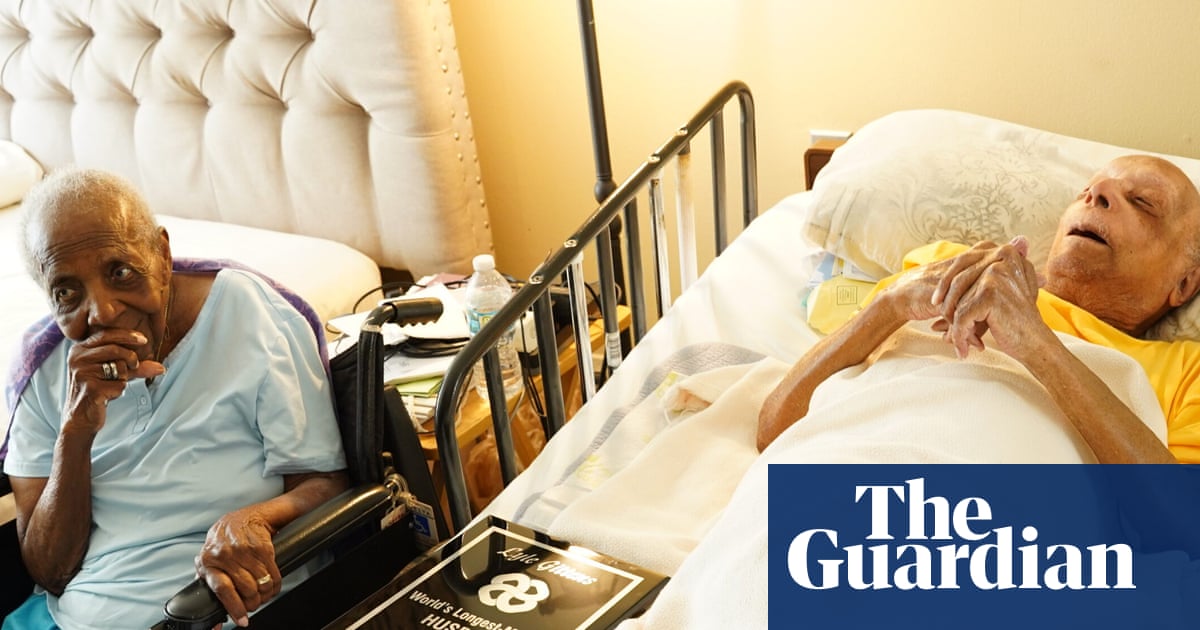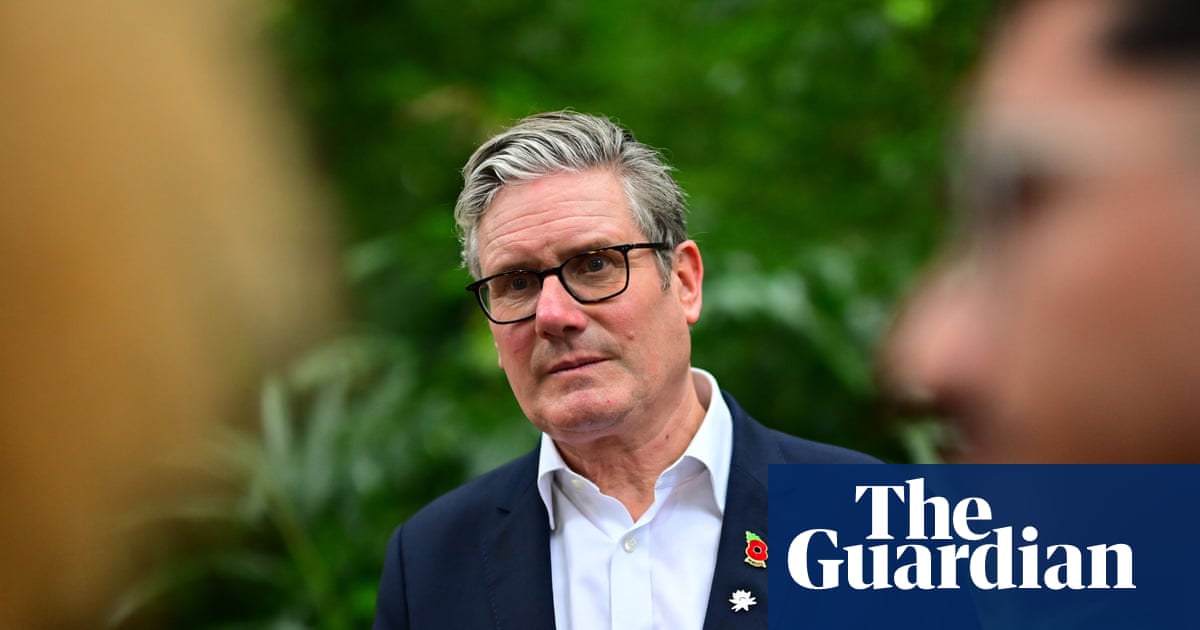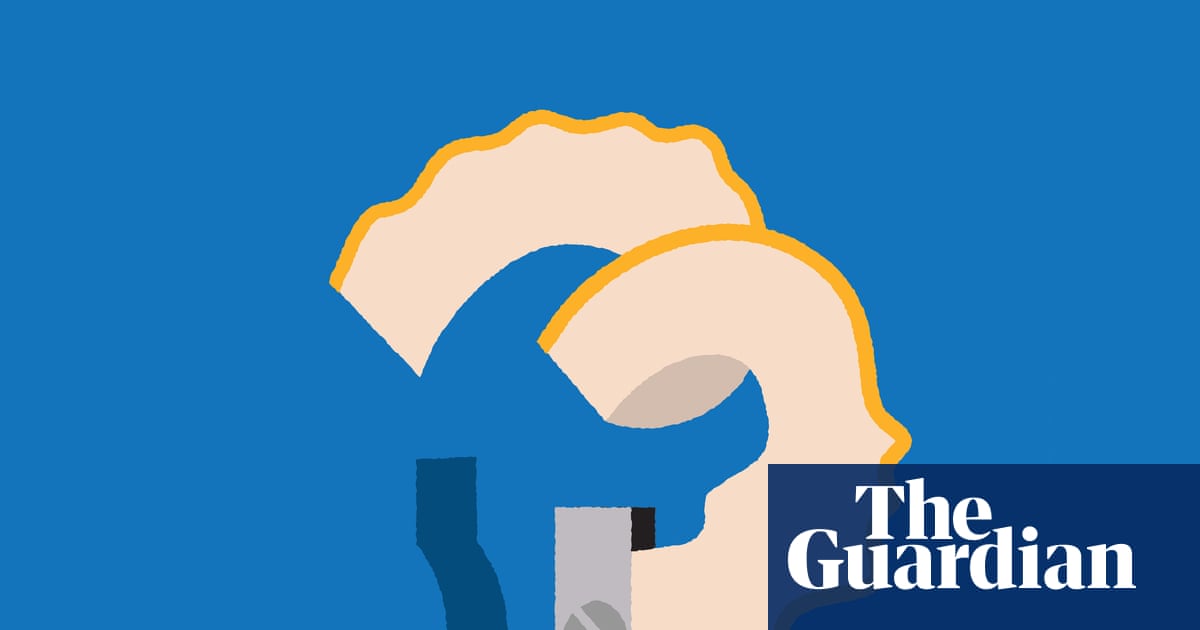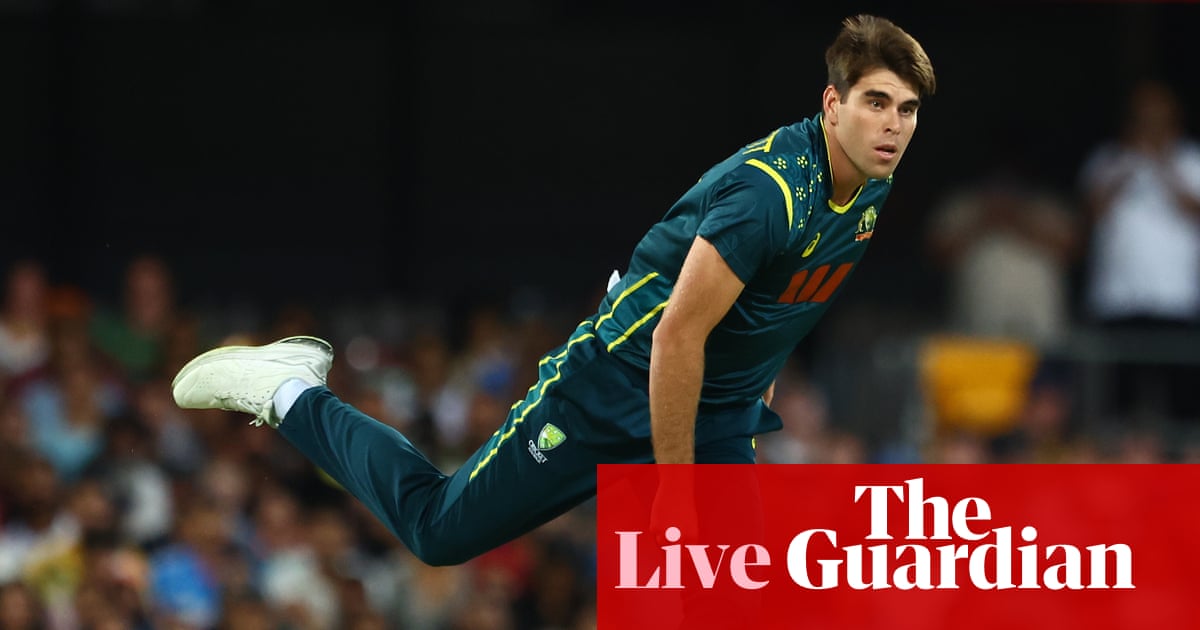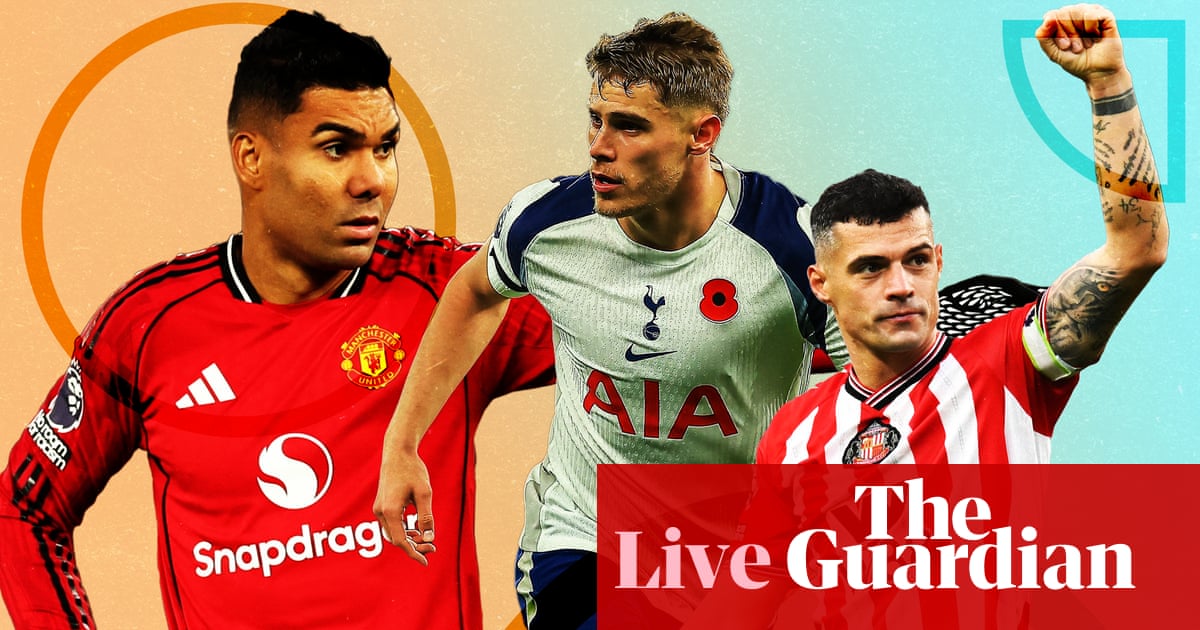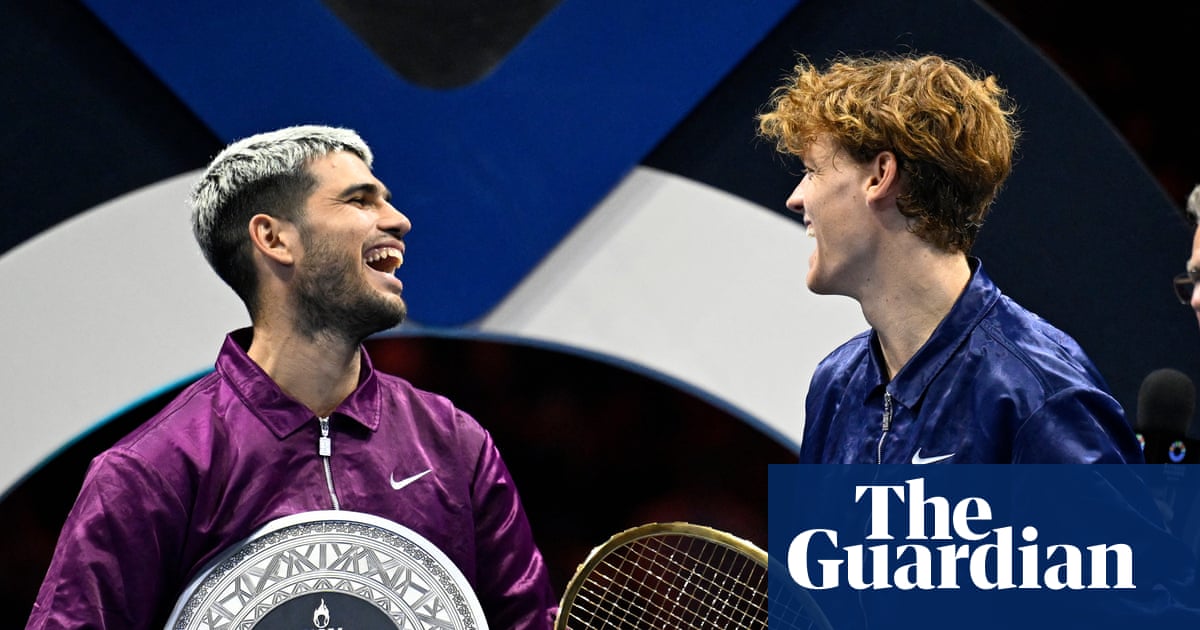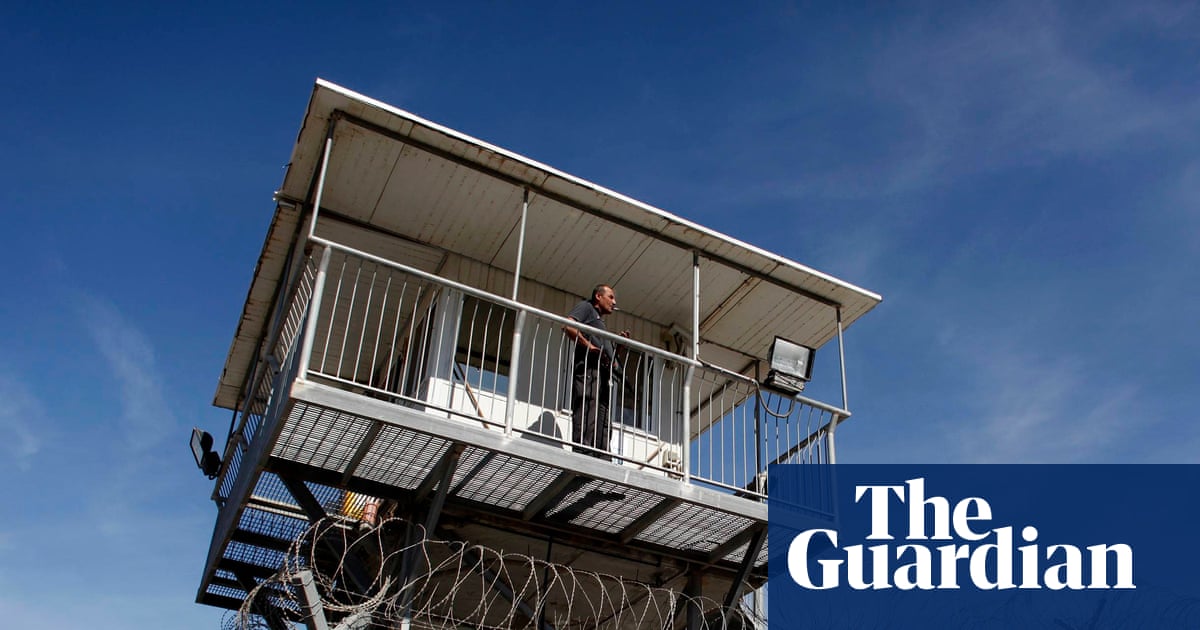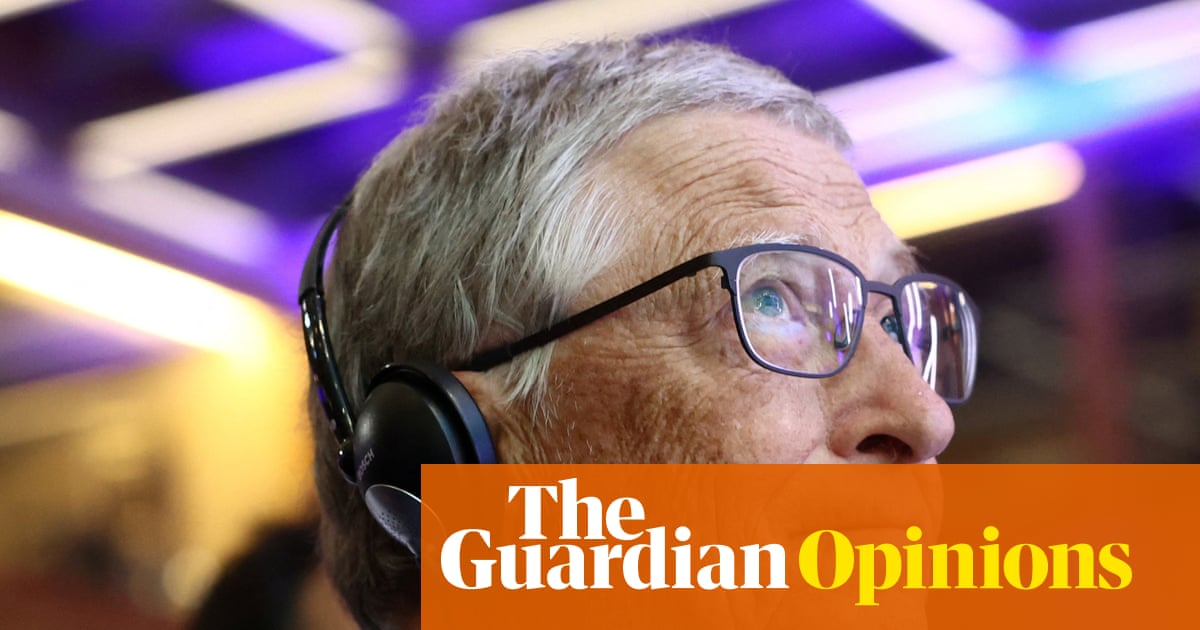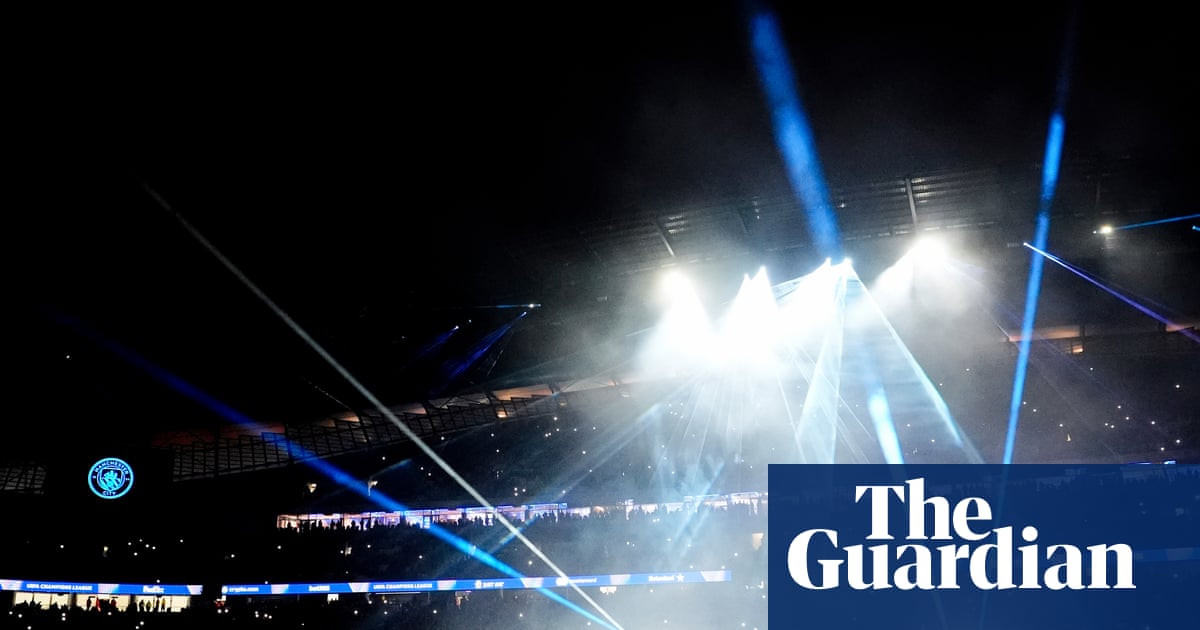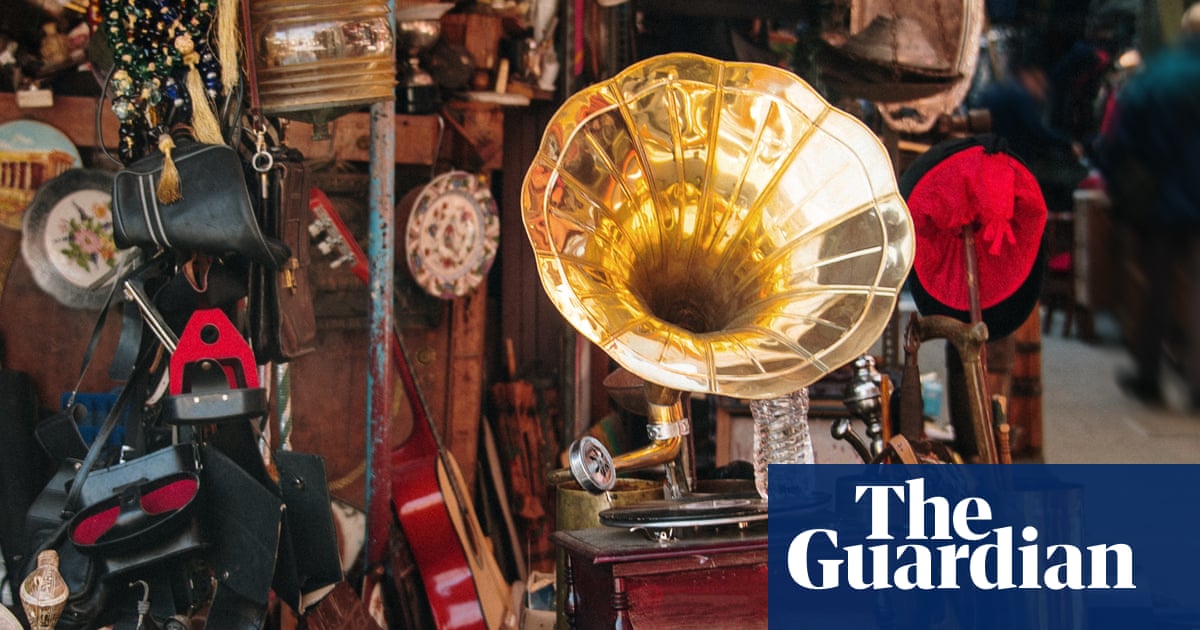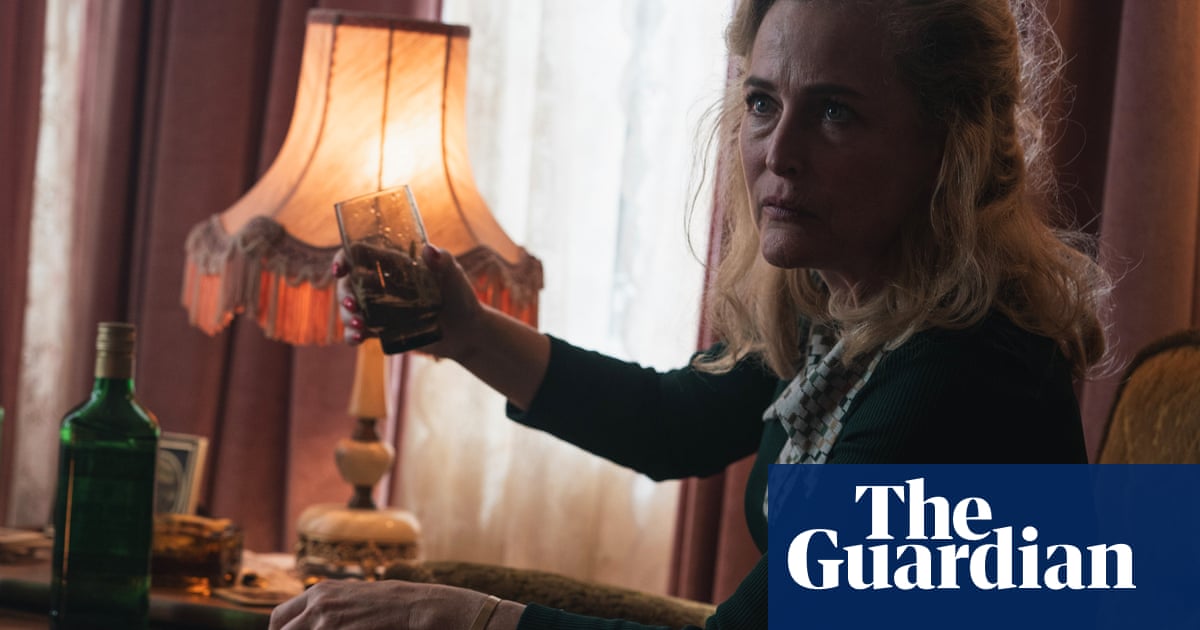Viewed through one end of the lens, the two new autobiographies from the sporting legends Boris Becker and Bradley Wiggins might seem like classic tales of the downfalls of two deeply flawed heroes who then claw their way back to redemption. But viewed through the other end of the lens, we see troubling portrayals of an extremely inhumane and, at times, unsafe world of sport where talent is no saving grace, in fact it’s more of a liability.
There are striking similarities between the stories of two different characters, sports, countries and generations. Both went bankrupt. Both made bad choices and admit their agency in their own demise. Both hit rock bottom and found themselves stripped bare of all dignity, be it in a prison cell or snorting cocaine in a toilet. Becker was convicted by a British court on four counts out of 24 and ended up in prison, surrounded by drug addicts. Wiggins writes that he was abused by his youth cycling coach and after sport became hooked on cocaine on a path that he himself admits could easily have ended behind bars. Both were massively failed by trusted adults around them in positions of authority.
At only 17 after winning Wimbledon and reaching the heights of success, Becker feels desperately restricted by others around him: “I’m living in a box … I need to enjoy what I do. I need to feel free. And I’m not allowed.” He describes this as “the moment everything changed. The moment my path was set”. Wiggins was failed right from the start. Already “abandoned” by his father who left home when he was two years old, he suffers the twisted torment of his formative youth coach who he says sexually abused him while at the same time being the person who made him believe in his capabilities on a bike.
Wiggins’s story reminds us of the unequivocal need to keep children safe in sport, and how easily abusers can operate, particularly with vulnerable children from unstable homes. While this took place 30 years ago, stories of abuse in sport continue. There is still no independent structure to set and uphold coherent standards for safe sport in this country, despite shifts across society in recent times that have led to independent structures being established across sectors from education, the church and the creative industries.
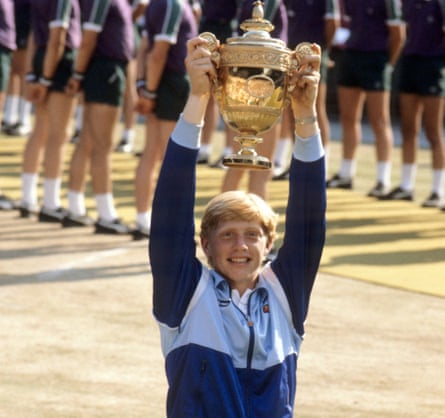
As an adult, Wiggins continues to suffer at British Cycling and Team Sky. On reaching out to Team Sky to admit “I’m really struggling”, Wiggins claims he is told to “pull yourself together”. Dave Brailsford is, in the good times (ie when he is winning), like a brother to Wiggins, but he soon believes “I was disposable to him. I felt I could be rinsed of all use and chucked in the bin with the rest of the rubbish.” His deeply destabilising experiences of abandonment by his father seem to be devastatingly repeated by cycling’s top coach and leaders, where “the line between critical and derogatory was so blurred as to be meaningless”.
Our most vivid memories of these incredible athletes at their peak flash up pictures of “Becker the Wunderkind” winning Wimbledon at 17 and falling to his knees in disbelief and joy, and images of Wiggins sitting on a throne at Hampton Court Palace having won Olympic time trial gold at the London 2012 Olympics. In their books, Becker and Wiggins share their own perspectives. Becker rues: “If I hadn’t won Wimbledon aged 17, I would never have gone through any of this”, while Wiggins explains how snorting cocaine off his Olympic medal was a deliberate act of “disrespecting this medal, this particular medal, because I blame it for the person I’ve ended up”. Wiggins states that his “definitive answer” to the frequently asked question of what it’s like to win the Tour de France is: “It’s like doing drugs. It gives you everything you’ve ever asked for in that moment, but it takes so much more from you in return.” It’s about as far as you can get from the dream that talented youngsters in sport are promised.
Neither athlete finds purpose nor meaning through sport. Becker’s motivation seems to centre around wanting to make his opponent’s mother weep, and he quickly loses discipline and motivation when he stops winning. Later, in prison, he eagerly consumes lessons on the Stoic philosophers in a course led by a pivotal guiding figure who runs the prison gym, filling a hole of meaning that sport never filled. For Wiggins, cycling is an escape from “a lifelong lack of self-worth,” but ultimately “sporting glory can never magic away scar tissue”. He lacks personal support during his sports career, though reconnecting with his children and breaking his father’s parenting patterns, the enduring friendship with Mark Cavendish and finding a new partner gradually move him forward.
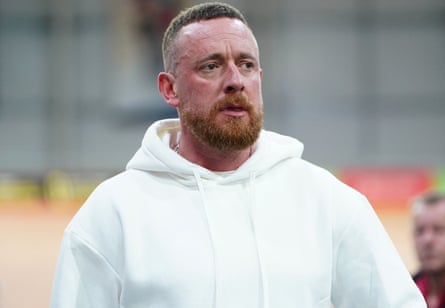
Both sportsmen reflect on moments of bitterness and jealousy towards key rivals: for Becker it’s Michael Stich who beat him and shocked him out of his complacency in his final Wimbledon. They win a historic Olympic gold for Germany playing doubles yet barely speak to each other nor celebrate the win afterwards. For Wiggins, the mistrust with Chris Froome is so great that Wiggins can’t be trusted to be part of the Sky team to support Froome to win the Tour de France, despite his performance levels. Both Becker and Wiggins find huge comfort and much-needed resolution when these relationships right themselves years later, with Stich writing a powerful, moving letter to Becker in prison, and Wiggins reaching out to Froome years later to make amends.
Zooming out, the loudest message from these stories is that deep, trusted relationships are what matter above all else. Trophies and medals don’t last: Becker sells his to pay off mounting debts, and Wiggins smashes his Sports Personality of the Year trophy and knighthood box in front of his children because they only bring him “more grief”. To the extent each has found redemption, it has come largely from relationships outside the sporting world, from trusted friends, genuine love and finally finding who they each are beyond the sporting identity that defined them for so long.Naturally, elite sport is tough and neither of these athletes disputes that. But it’s hard to look at these phenomenal sportspeople and accept these experiences as the necessary, even inevitable “price of winning”. These are not stories to inspire the next generation or reinforce sport’s capacity to unlock human potential and reinforce basic social values. Sport is often described as having the power to change the world. But these stories – which must sit alongside many stories that will never be heard – show that sport needs to change itself first if this is ever to become possible.
guardianbookshop.com. Delivery charges may apply. Inside by Boris Becker (HarperCollins, £22). To order a copy for £19.80 go to guardianbookshop.com. Delivery charges may apply.

 2 hours ago
6
2 hours ago
6



